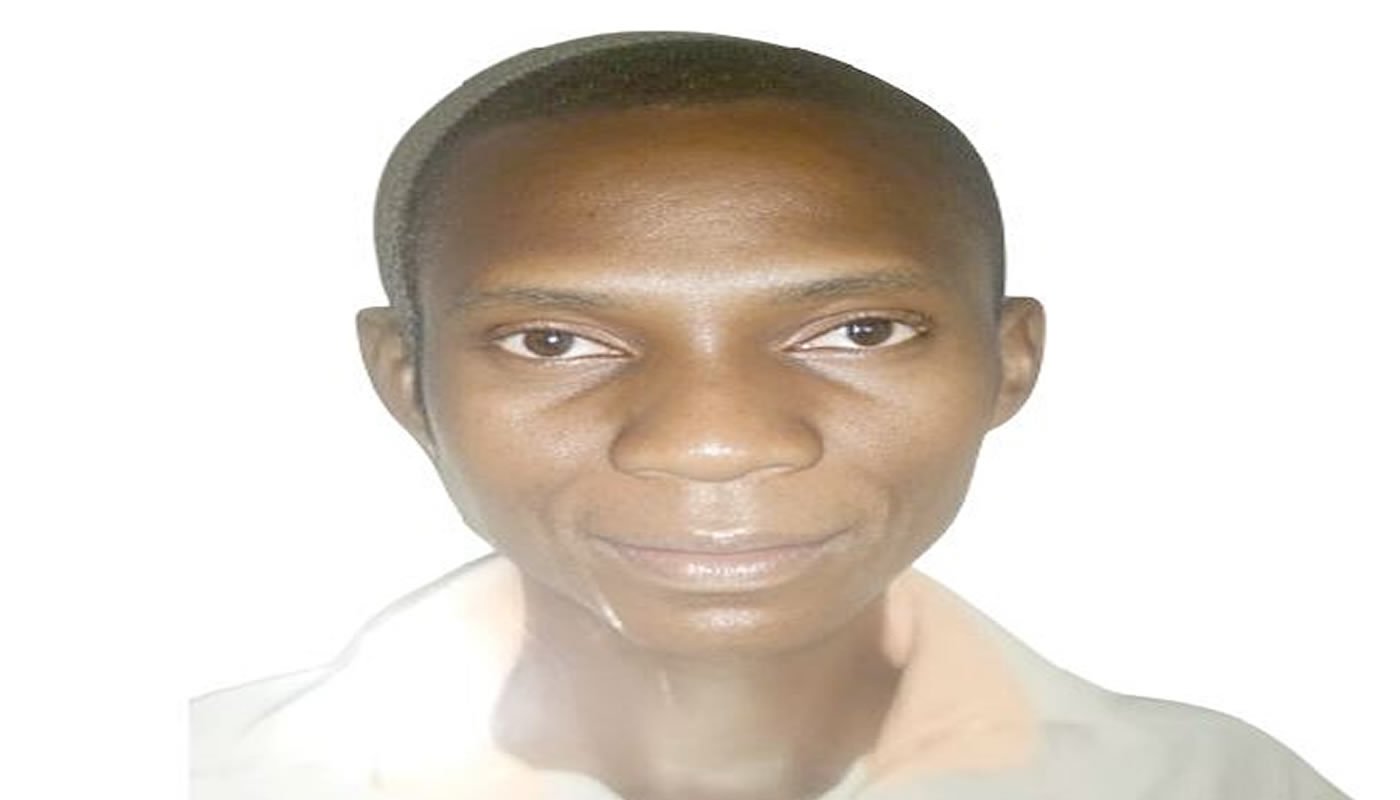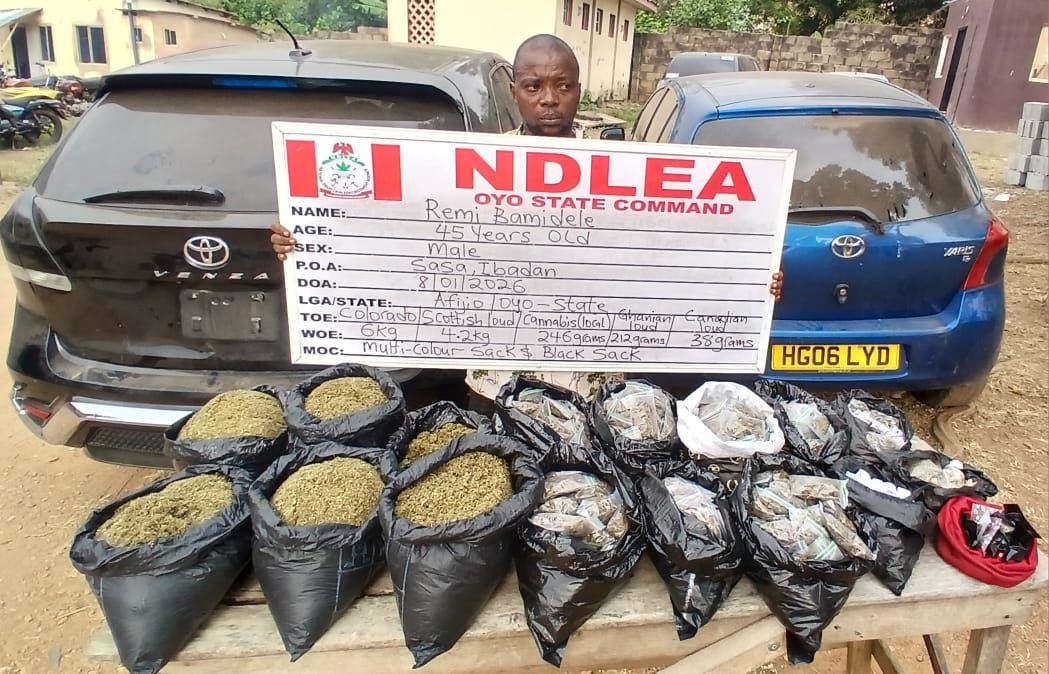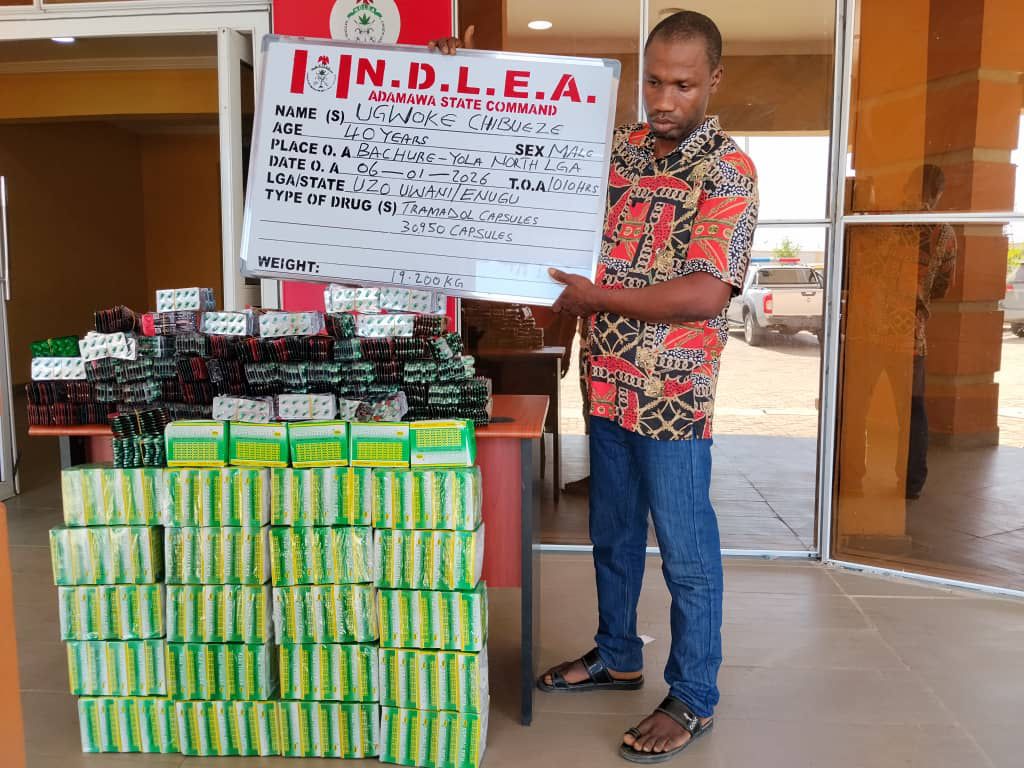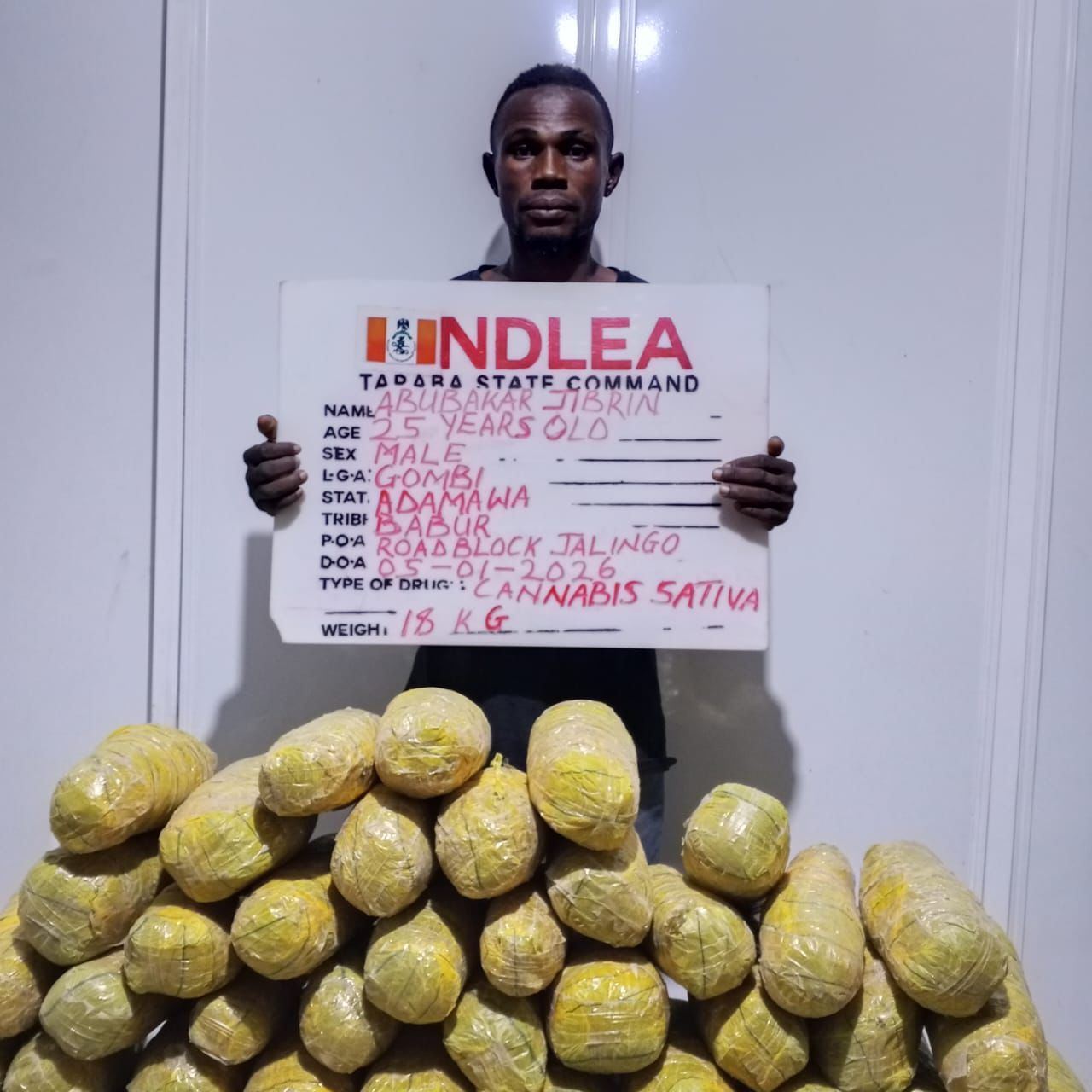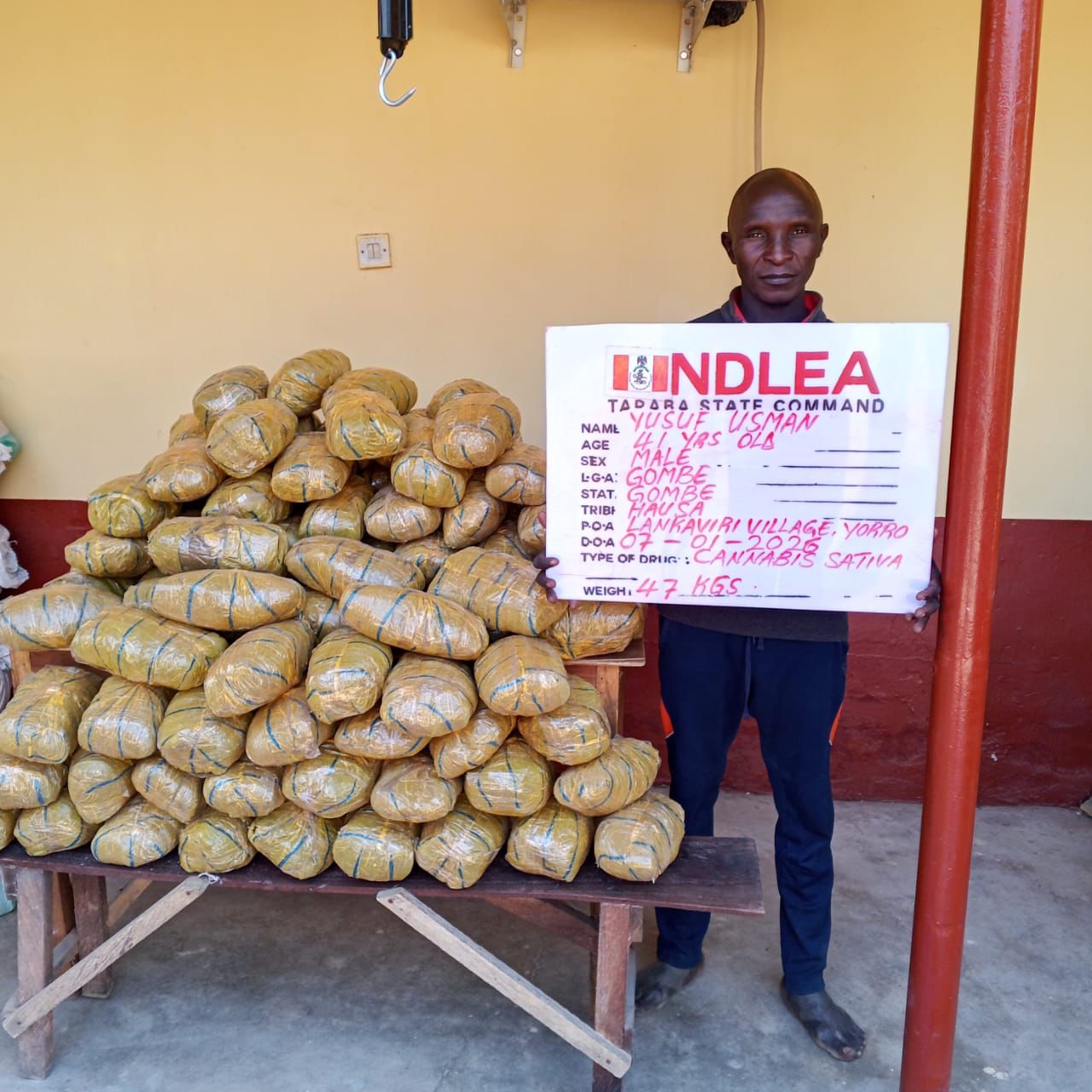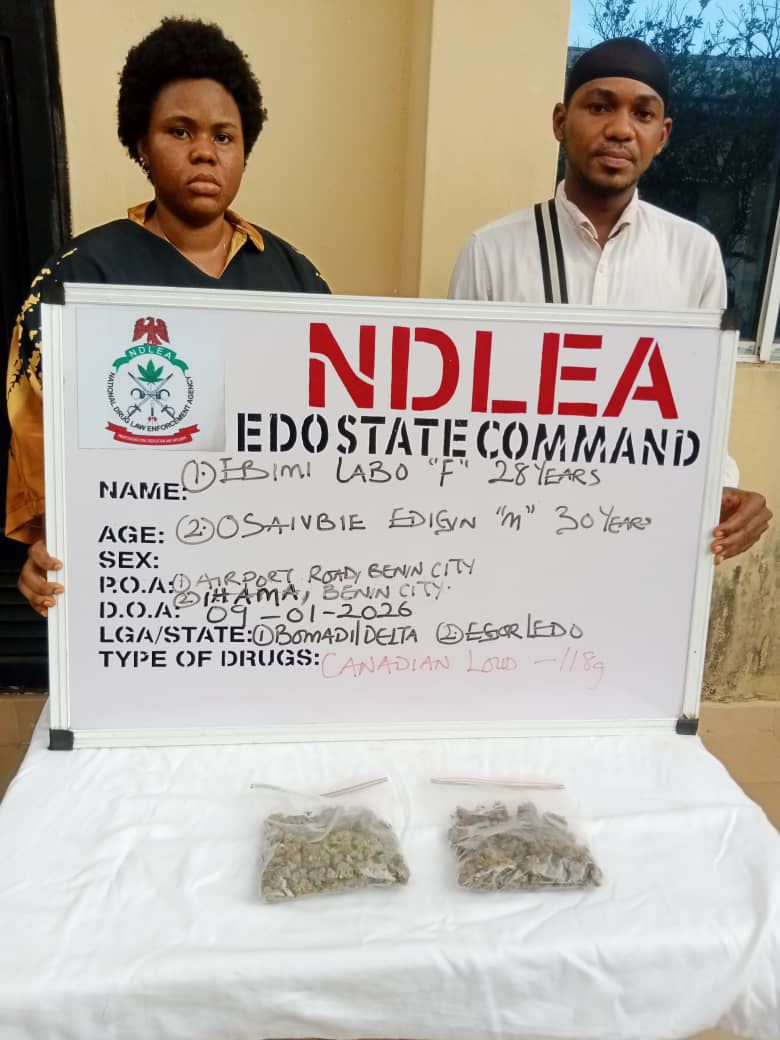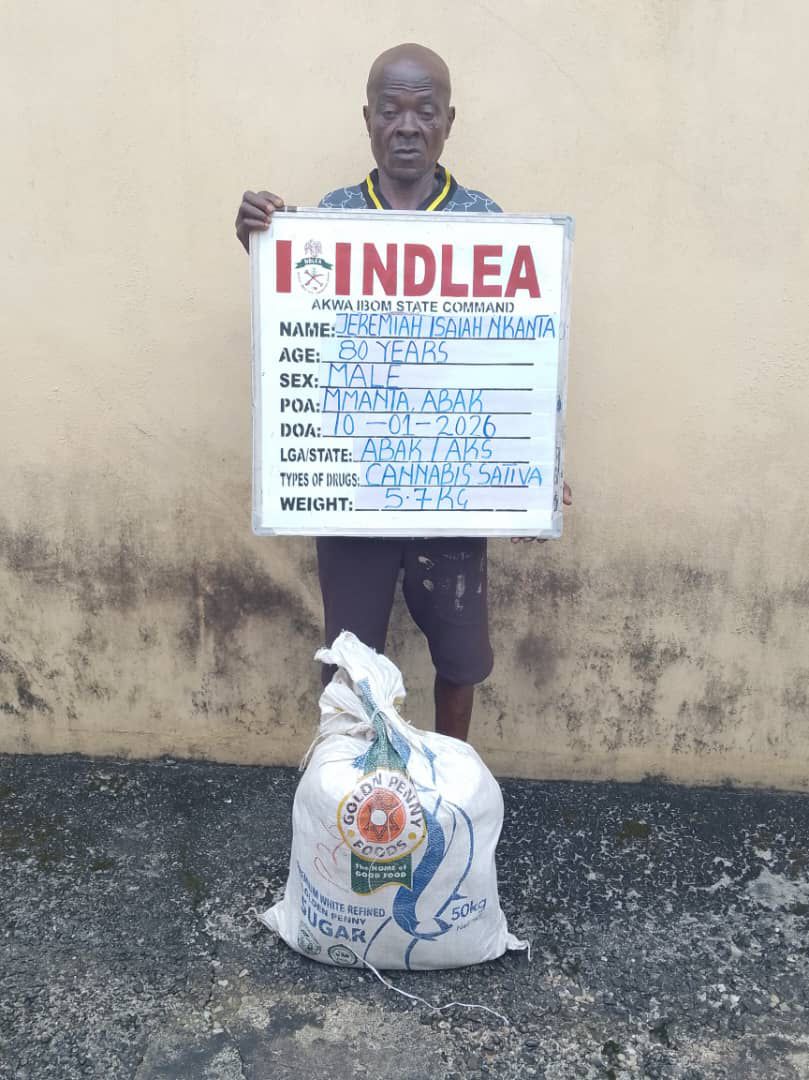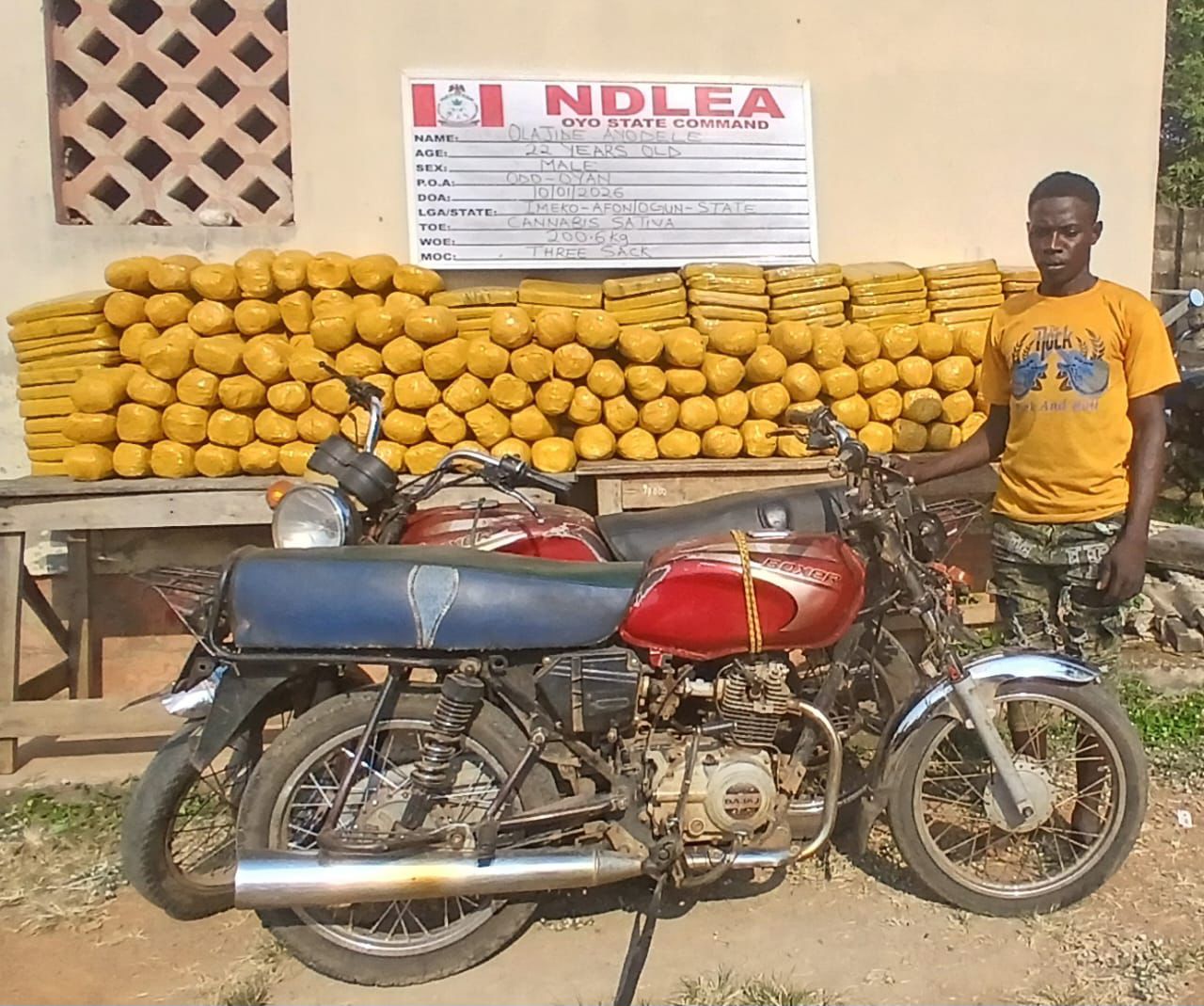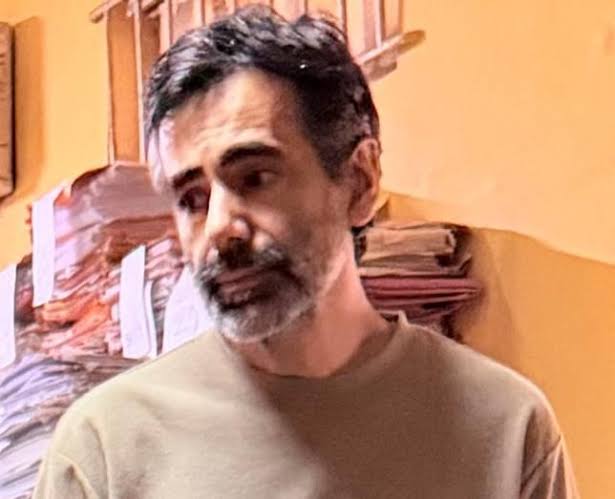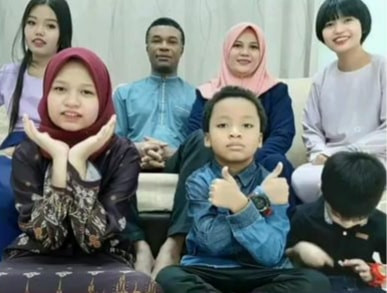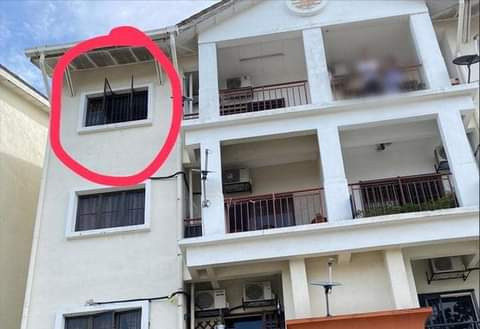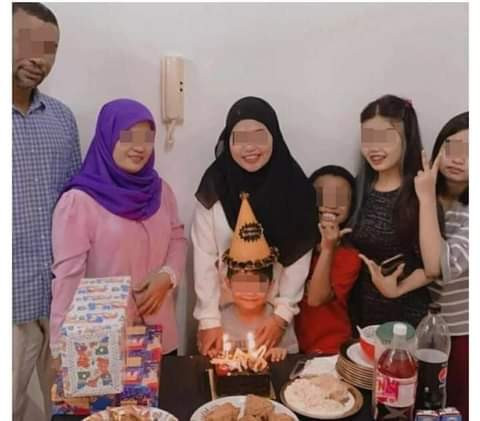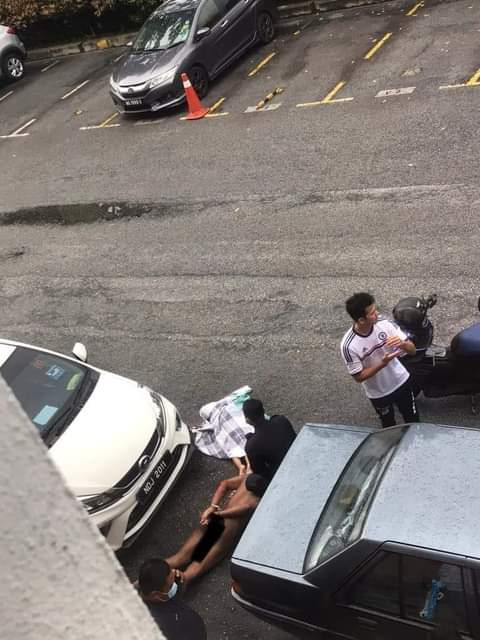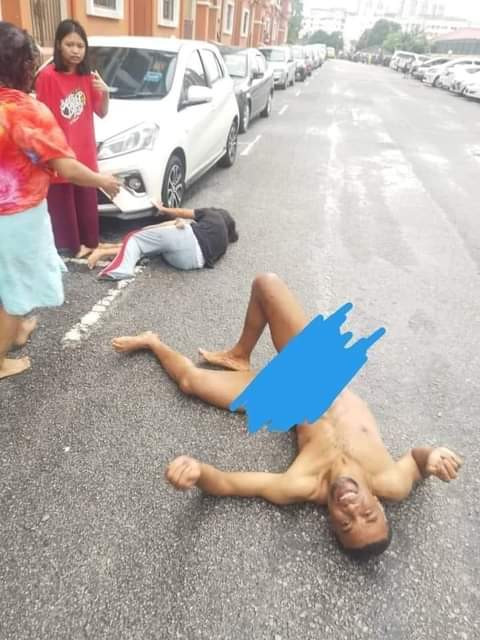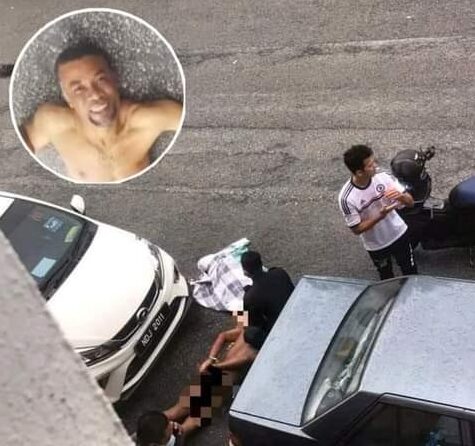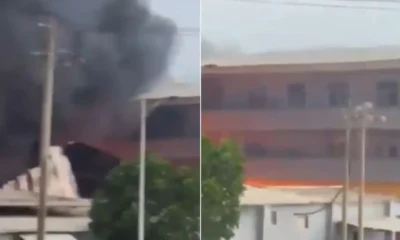Gonoh Michael, a farmer from Okpella in Etsako East Local Government Area of Edo State, recounts his harrowing 12-day ordeal in the hands of kidnappers. Speaking to TEMITOPE ADETUNJI, he details the fear, hunger, and harsh conditions he endured, the role of faith in keeping him strong, and warns of the rising wave of kidnappings in his community
Before this incident, how would you describe your life?
My name is Gonoh Michael. I am in my late 30s and come from Okpella in Etsako East Local Government Area of Edo State. I am a furniture maker and also a farmer.
Before this incident, I would describe my life as simple and peaceful. I believe in hard work and making the most of each day. I don’t like idleness. I enjoy being productive, whether making furniture or tending my farm. There’s a unique joy in creating something with your hands. I can spend hours shaping wood and then move to the farm to check my crops. Farming gives me peace; watching what you plant grow brings a deep sense of fulfilment.
My life was balanced. I had little, but I was content. I slept peacefully at night, free from fear. I am married and was surrounded by loved ones. That was my life before everything changed.
Take us back to that day and how the incident unfolded.
It was October 28, 2025, a day that began like any other. I woke early and headed to my farm, eager to use the cool morning hours. I was bent over weeding, completely focused on my crops, when I sensed someone behind me. I turned and saw a man dressed in black standing silently.
Before I could react, he rushed forward and grabbed me. I struggled at first, but he spoke in Hausa, and almost immediately, eight more men emerged from the bush. They surrounded me with guns. That was when I realised I was in grave danger. They tied my hands, pushed me further into the forest, and warned me not to shout.
I was the first person they captured because I was alone, but later, they apprehended other farmers nearby. By the end of the day, six of us were in their custody.
At what point did you realise it was a kidnapping?
When I saw the guns and the number of men surrounding me, I knew it was a kidnapping. Everything happened so fast. I had only heard of such incidents happening to others; I never imagined it would happen to me.
When they dragged me into the bush and I realised we were moving away from the town, fear truly took hold.
How long were you held in captivity?
We were held for 12 days. Those days felt like 12 years; every second in that forest was endless pain.
Can you describe the environment you were taken to?
We were taken deep into a forest few people may ever see. Okpella has vast forests, and the kidnappers know them like the back of their hands. I was kidnapped from the eastern side of town, near Ibie, but when we were released, we emerged from the western side, near Okene.
We walked through thick bush where sunlight barely penetrated, crossed streams and thorny undergrowth. The place was silent, like another world — no cars, no signs of life, only nature and fear.
What were the living conditions like?
The conditions were terrible. For the first three days, we were given no food and became weak and dizzy. When they eventually provided a small quantity of garri, it felt like a royal meal because we were so hungry. Afterwards, food was sparse and irregular.
We slept on bare ground without mats or blankets, and water was scarce. Mosquitoes were everywhere, nights were cold, and our clothes were dirty and torn. It was a truly painful experience.
Were the captors violent or threatening, and did they make demands?
Yes, they were violent and threatening. Their goal was to extract money from our families. They beat us, threatened us, and forced us to call relatives to beg for ransom. They treated us like objects, not human beings.
Did anyone among the captives show courage or leadership?
We were all from Okpella, and everyone showed courage in their own way. We encouraged each other, prayed together, and stayed hopeful. When one person faltered, the others lifted their spirits. Our unity kept us alive.
What helped you stay mentally strong during those twelve days?
Faith. Only faith in God kept me going. There were nights I felt death was near, but I prayed silently, asking God to let me see my family again. That small hope was my anchor.
How did your release come about?
We were released after our families and community gathered the ransom, which included N4.5 million, crates of malt and milk, and new backpacks.
We were led partway through the forest, then told to walk to a specific river.
Crossing that river was one of the hardest moments; the water was cold, the forest silent except for our footsteps, and we felt eyes watching us. After a tense walk, we finally reached three men on bikes who took us the rest of the way. The abductors had disappeared, and we were free.
What was your immediate feeling when you realised you were free?
Relief mixed with disbelief. I felt weak and looked like a shadow of myself: clothes torn, body dirty, weight lost. But deep inside, I was grateful to be alive.
How are your fellow captives doing now?
They are also receiving medical care and recovering. Some faster than others, but all of us are thankful to be alive.
How are you feeling physically and emotionally now?
I’m recovering slowly, focusing on healing and rebuilding my strength. Emotionally, I’m adjusting and reminding myself that what happened is part of life. Each day feels better.
Do you feel you might need psychological support?
Honestly, no. I accept what happened as part of life. Painful memories come, but I remind myself that I survived. Time and faith are the best healers.
How have your family, friends, and community supported you?
Their support has been overwhelming. My family’s presence and care have sped up my recovery. It reminds me that humanity still exists and that no one stands alone in crisis.
Has this experience changed your perspective on life?
Yes, completely. I’ve learned that family is everything. Life is short, and each day is a gift. I no longer take anything for granted.
What would you like to say to the government and security agencies about kidnapping in your region?
The state government must urgently intervene to rescue Okpella. Protecting lives and property is their duty, as the law clearly states. Right now, that responsibility is not being fulfilled. People are afraid to even go to their farms. The government cannot stand by and watch things deteriorate.
They should deploy more troops to work alongside local vigilantes. These young men know the bush intimately and can guide soldiers to the kidnappers’ hideouts. The criminals operate in multiple groups across the forest, and with strength and proper planning, they can be neutralised. Drones could also be used to monitor the area. It shouldn’t take the loss of lives for action to be taken.
When a government fails to protect its citizens, it has failed in everything else. Okpella is the third-largest town in Edo State. We cannot be left like prey for criminals. Authorities must act now, before the situation spirals further out of control.
What are your hopes and intentions moving forward?
My greatest hope is for peace to return to Okpella. The situation is dire. Many people are hungry and afraid. Farms are abandoned, and hunger is spreading.
Every night, people sleep with one eye open. I want life to return to how it was, when people could go to their farms and return home safely. I also hope that responsible institutions, the media, churches, and civil society groups will continue to speak up until the government takes the right actions.
Even as I speak, kidnappings continue. Just yesterday, a kidnapping attempt failed because people noticed early and escaped. But this morning, another woman was abducted. It breaks my heart.
All we want is peace, safety, and a chance to live normal lives again. That is my prayer: that Okpella will know peace once more.
punch.ng
FOLLOW US ON:

